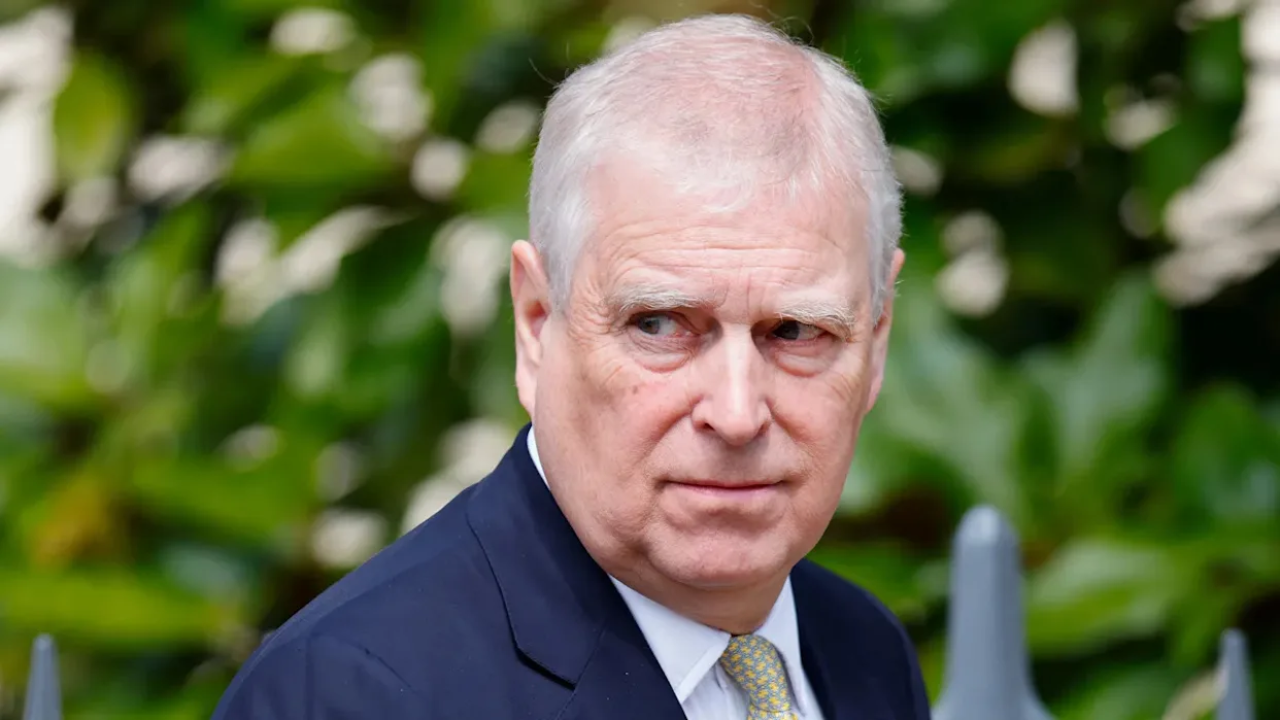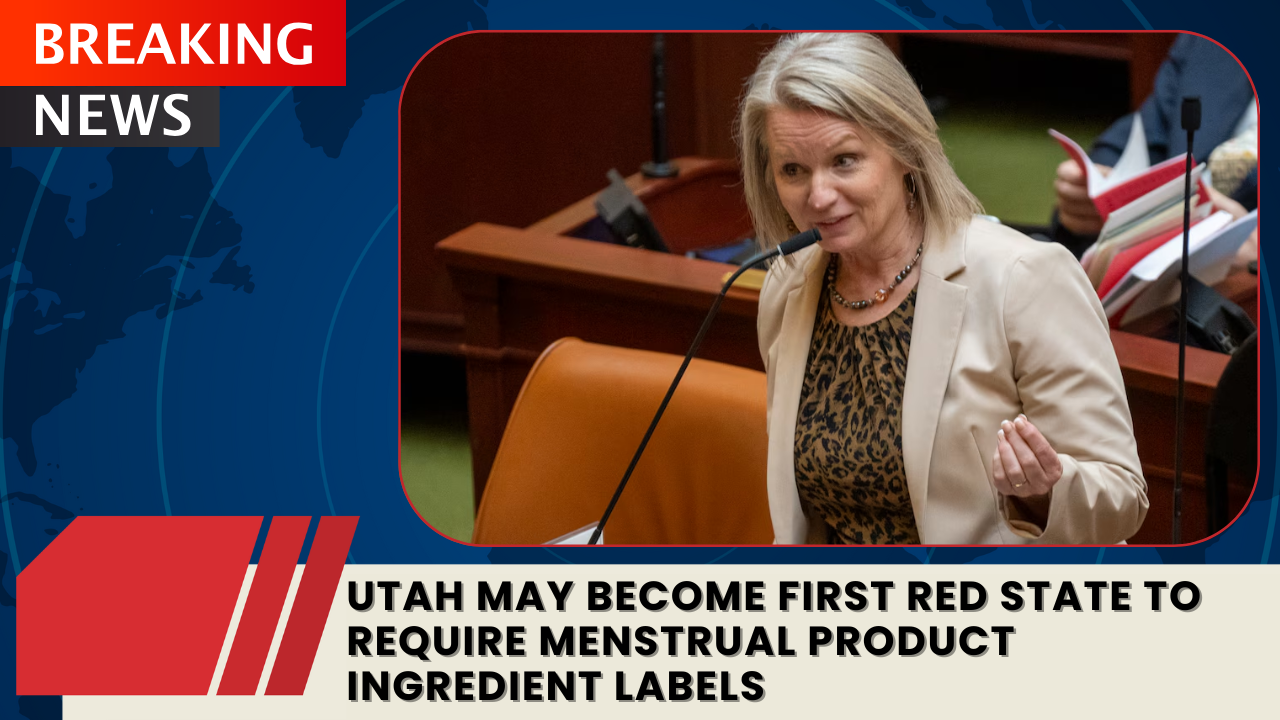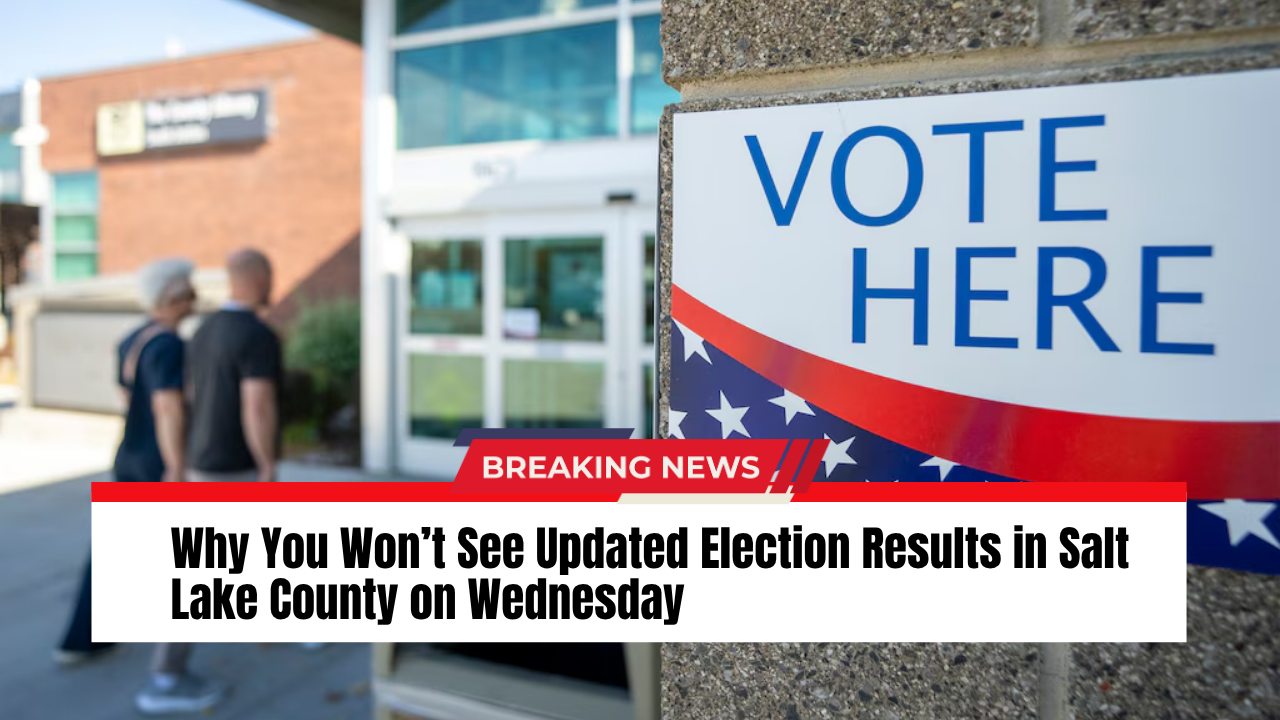In one of the most decisive moves of his reign, King Charles III has stripped his younger brother Prince Andrew of all royal titles and ordered him to vacate his longtime residence, Royal Lodge at Windsor. The decision, announced by Buckingham Palace on Thursday, comes as the monarchy continues to distance itself from Andrew’s links to the late convicted sex offender Jeffrey Epstein.
Andrew, 65, will no longer be known as “His Royal Highness” or the Duke of York. From now on, he will be referred to simply as Andrew Mountbatten-Windsor. Palace officials confirmed that a formal notice has been served requiring him to surrender his lease on the Royal Lodge estate, his home for two decades, and move to private accommodation on the Sandringham Estate in eastern England.
A Historic Royal Reprimand
The move marks one of the most severe disciplinary actions ever taken against a senior member of the British royal family. It also underscores the king’s determination to protect the monarchy’s reputation amid ongoing scrutiny of Andrew’s alleged connections to Epstein.
“These censures are deemed necessary, notwithstanding the fact that he continues to deny the allegations against him,” Buckingham Palace said in a statement.
“Their Majesties wish to make clear that their thoughts and utmost sympathies remain with the victims and survivors of any and all forms of abuse.”
The announcement comes as King Charles, who continues to receive treatment for cancer, works to reshape the royal household around what he calls a “slimmed-down monarchy” — one that emphasizes accountability, transparency, and service.
From War Hero to Royal Outcast
Once admired as a decorated naval officer who served in the Falklands War, Prince Andrew’s public image has steadily collapsed over the past decade. He resigned from his role as a U.K. trade envoy in 2011 following growing concerns about his association with Epstein.
By 2019, amid allegations of sexual misconduct, Andrew stepped back from all royal duties and was formally stripped of his military titles and royal patronages in 2022.
That same year, he settled a civil lawsuit filed by Virginia Giuffre, who accused him of sexually abusing her when she was a teenager. Andrew denied all allegations and admitted no wrongdoing, but the multimillion-dollar settlement effectively ended any remaining public role he might have had.
Giuffre, who passed away in April 2025, detailed her experiences in a posthumous memoir, claiming that Andrew acted with “entitlement” and “impunity” during her encounters with Epstein.
Recent Controversy Rekindles Scandal
Earlier this month, British tabloids including The Mail on Sunday and The Sun published 2011 correspondence between Andrew and Epstein, showing the prince thanking Epstein for their friendship and saying they should “keep in close touch.”
Palace insiders described the emails as the “final straw,” prompting Charles to act swiftly.
“It was clear there had been serious lapses of judgment,” a senior royal source said. “The king’s decision was firm, and he has the full support of the family, including the Prince of Wales.”
Eviction from Royal Lodge
The 30-room Royal Lodge, located on the Windsor Estate, has been Andrew’s residence since the early 2000s. Reports suggest he paid for renovations years ago but has not paid rent since. His eviction follows a parliamentary committee inquiry questioning whether he should retain access to taxpayer-subsidized royal housing.
Andrew is expected to relocate to smaller private housing on the Sandringham estate, historically used by non-working members of the royal family.
Protecting the Monarchy’s Future
Royal analysts view the move as part of Charles’s long-term plan to reinforce the institution’s integrity. With public support for the monarchy waning—particularly among younger Britons—the king’s action signals a commitment to accountability, even within his own family.
“This decision shows King Charles’s intent to preserve the Crown’s credibility,” said one constitutional expert. “It echoes moments like King Edward VIII’s abdication in 1936—when protecting the monarchy came before personal ties.”
For now, Andrew’s public life appears over. Stripped of his titles, patronages, and privileges, the once high-profile royal now faces a quiet existence far removed from Windsor Castle’s gates.



